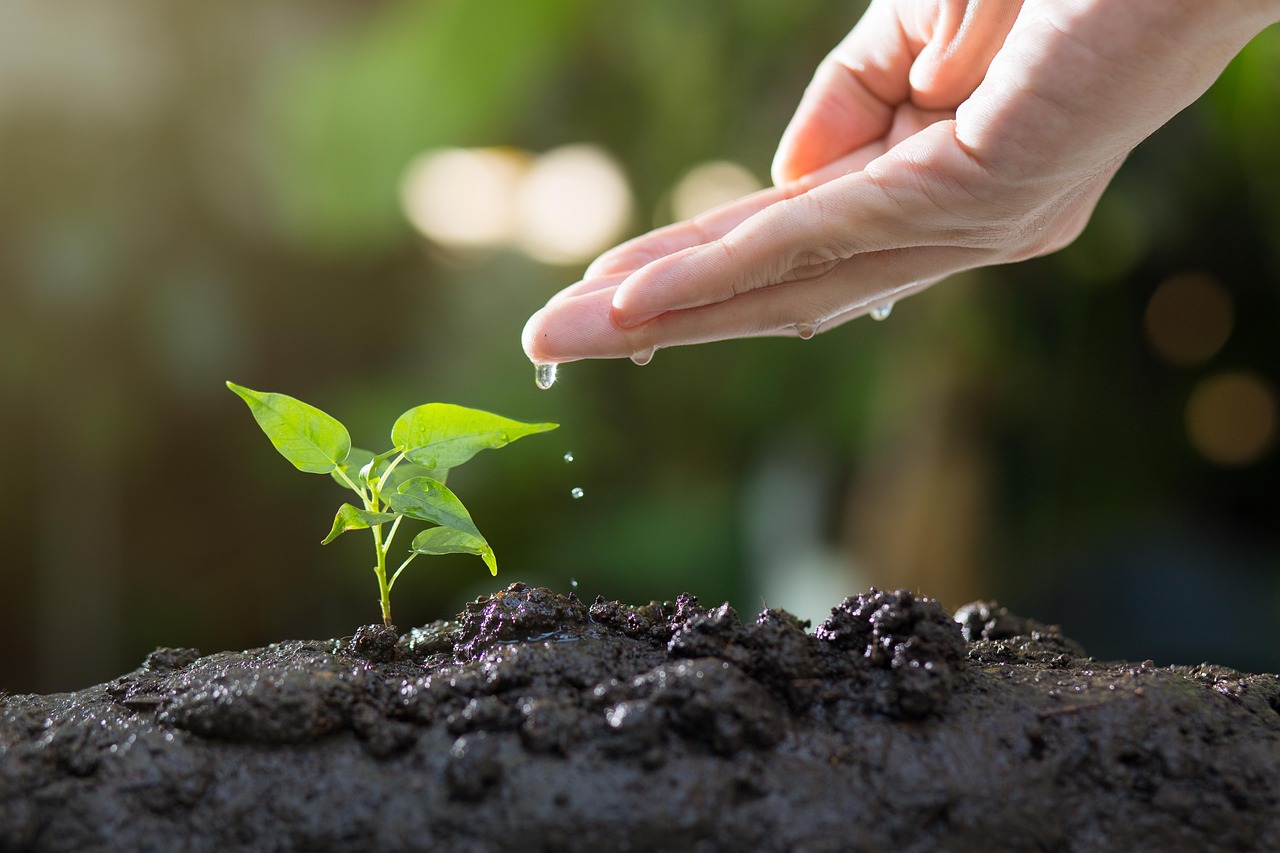Sustainable Living: Top 5 Eco-Friendly Practices for Your Home Garden
Jennifer Houston
02/27/2025

Are you ready to transform your home garden into a thriving ecosystem? Sustainable living isn’t just a trend; it’s a lifestyle choice that benefits both the planet and your personal space. Whether you have a sprawling backyard or a cozy balcony, there are simple ways to make your gardening practices more eco-friendly. From nurturing native plants to conserving water, every small change contributes to preserving our environment. Dive into these top five sustainable practices that will not only enhance your garden but also promote harmony with nature. Let’s get started on this green journey.
Composting
 Composting is a natural process that transforms kitchen scraps and yard waste into rich, nutrient-filled soil. It’s like giving back to the earth what it has already provided us.
Composting is a natural process that transforms kitchen scraps and yard waste into rich, nutrient-filled soil. It’s like giving back to the earth what it has already provided us.
Start by collecting organic materials such as fruit peels, vegetable trimmings, coffee grounds, and dried leaves. Avoid adding meat or dairy products to prevent pests. Layering is key. Alternate green materials—like grass clippings—with brown ones such as shredded paper or cardboard. This balance creates an ideal environment for decomposition.
Native Plant Gardening
Native plant gardening celebrates the flora that naturally thrives in your region. These plants are perfectly adapted to local conditions, making them more resilient and low-maintenance. By choosing native species, you support local ecosystems. They provide essential habitat for birds, bees, and butterflies. This biodiversity is crucial for pollination and pest control within your garden. Additionally, native plants often require less water than non-native varieties once established. Their deep root systems improve soil health by preventing erosion and enhancing nutrient absorption.
Water Conservation
Water is a precious resource, especially in gardening. Conserving it not only benefits your plants but also helps the environment. Start by installing a rain barrel to collect water from your roof. This natural source can hydrate your garden during dry spells without costing you a dime. Drip irrigation systems are another smart choice. They deliver water directly to the roots, minimizing waste and reducing evaporation. Mulching around plants is effective too.
Organic Pest Management
Organic pest management focuses on methods that protect your plants while safeguarding the environment. Instead of reaching for chemical pesticides, consider natural alternatives. Introduce beneficial insects like ladybugs and lacewings to your garden. These tiny allies feast on harmful pests like aphids and caterpillars. They help maintain a balanced ecosystem without any toxic side effects. Another effective strategy is companion planting. Certain plants can repel pests or attract predators that manage unwanted species.
Soil Health
 Healthy soil is the foundation of a thriving garden. It’s packed with life, from tiny microbes to earthworms that aerate and enrich it. To improve soil health, start by testing its pH level.
Healthy soil is the foundation of a thriving garden. It’s packed with life, from tiny microbes to earthworms that aerate and enrich it. To improve soil health, start by testing its pH level.
This will help you understand what nutrients are lacking or abundant. Amend your soil based on these results using organic materials like compost or well-rotted manure. Incorporating cover crops during off-seasons can also enhance fertility. These plants prevent erosion and fix nitrogen in the ground, enriching it for future planting.
Sustainable living is more than a trend; it’s a commitment to protecting our planet. By adopting eco-friendly practices in your home garden, you contribute to a healthier environment and create an inviting space for yourself and local wildlife. Embracing these practices leads you toward a sustainable future where both people and nature thrive together harmoniously in gardens that respect the earth’s resources. We hope that you have found this blog post helpful.
…


 Composting is a natural process that transforms kitchen scraps and yard waste into rich, nutrient-filled soil. It’s like giving back to the earth what it has already provided us.
Composting is a natural process that transforms kitchen scraps and yard waste into rich, nutrient-filled soil. It’s like giving back to the earth what it has already provided us.  Healthy soil is the foundation of a thriving garden. It’s packed with life, from tiny microbes to earthworms that aerate and enrich it. To improve soil health, start by testing its pH level.
Healthy soil is the foundation of a thriving garden. It’s packed with life, from tiny microbes to earthworms that aerate and enrich it. To improve soil health, start by testing its pH level.